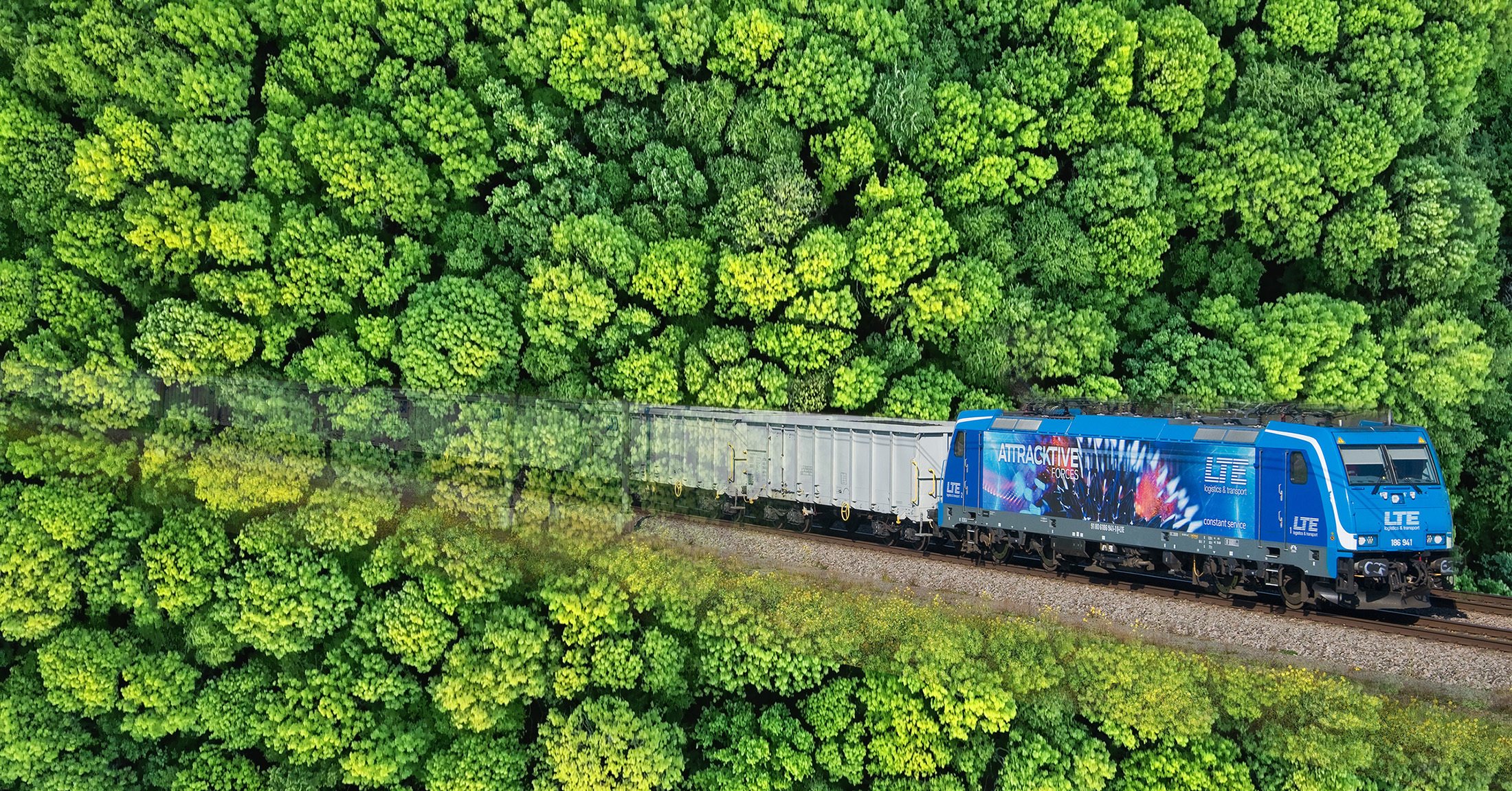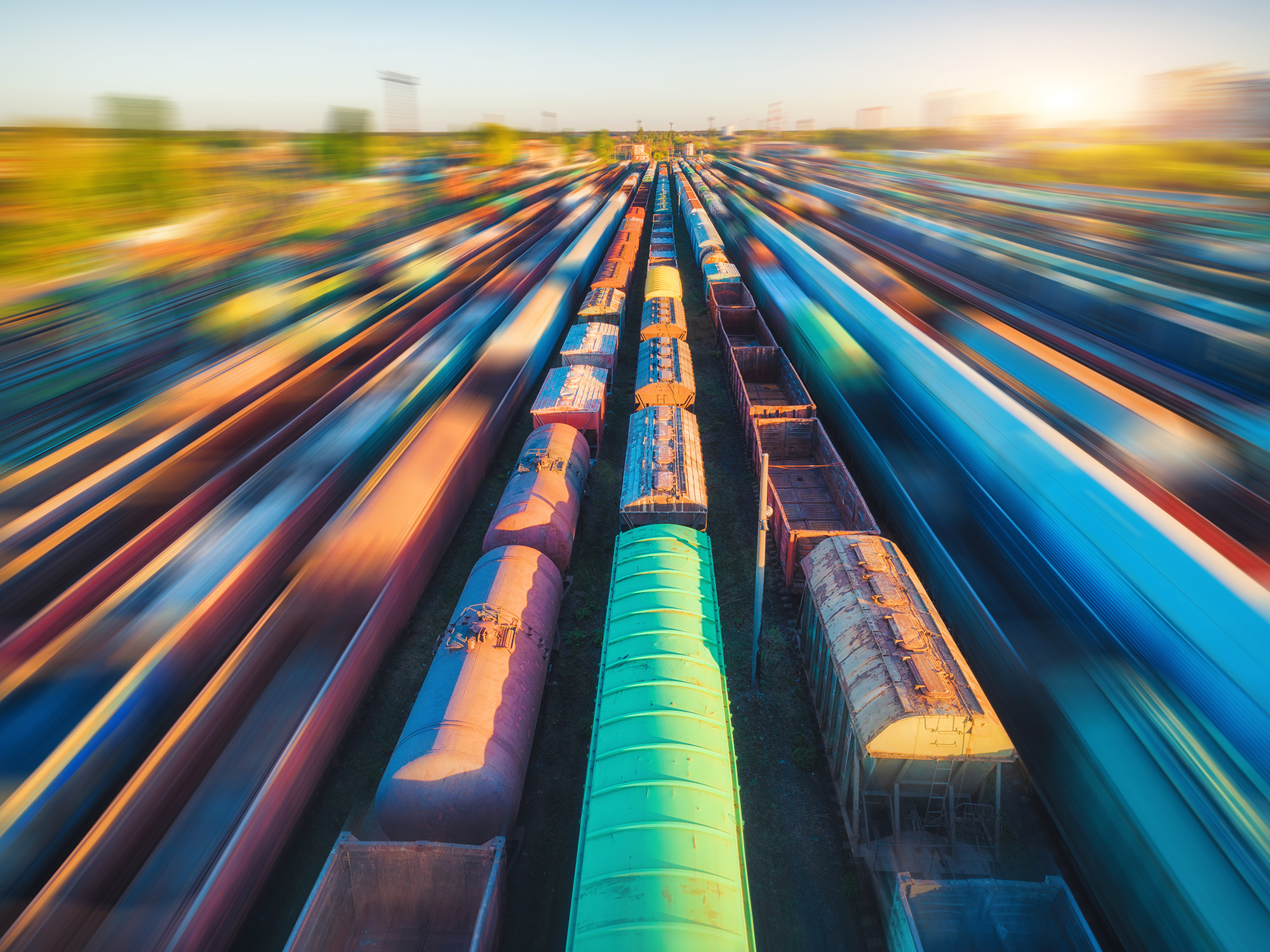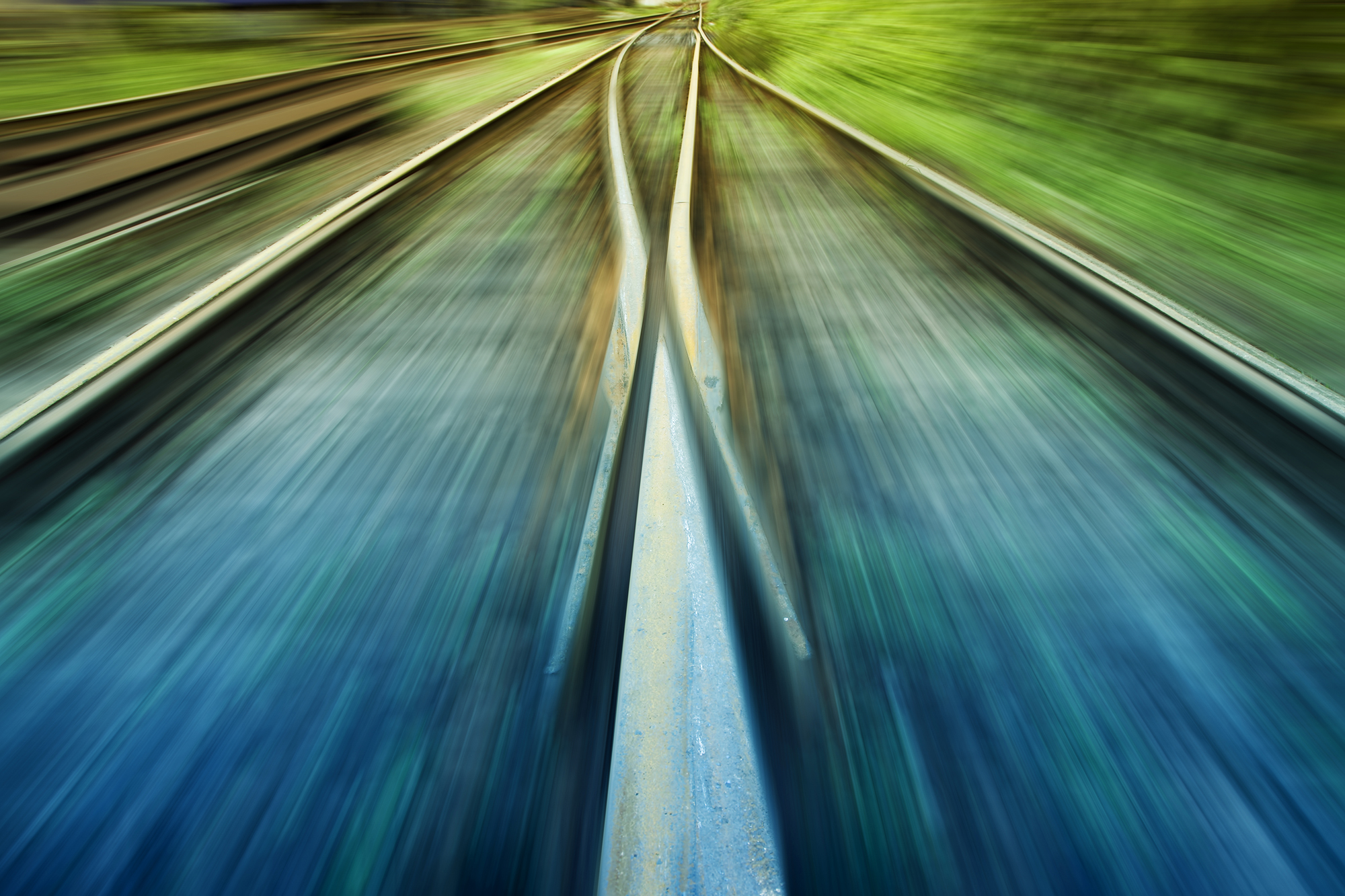

Recently, the Berlin-based, but definitely European “Netzwerk Europäische Eisenbahnen e.V.” spoke up loudly: once again, the focus was on the imbalance between road and rail, but also on the German government's lack of assertiveness in matters of green logistics.
Fill in your email address and get regular updates from LTE-group!
Our colleague from LTE in Germany, Andreas Friedl, is known to us as a committed networker and not only a member, but also an equally committed discussion partner when it comes to countering the eternal imbalance between road and rail. "Recently, after the Federal Constitutional Court had ruled in a landmark decision that the Climate Protection Act had to be improved, yet nothing happened, it was high time to speak up," he explains the resolution that was recently published. After, according to Ludolf Kerkeling, chairman of the NEE in Berlin, "messing around" with saving millions of tons of greenhouse gas, but not finding specific ways to save around 40 percent compared to today's status by 2030, it was time to make demands to correct the imbalance between road and rail. Above all, the goals related to climate protection must be achieved.


“What we have worked out again in this context, of course, does not only apply to Germany,” summarizes Andreas Friedl, “because these problems and much more the challenges, apply to all of Europe. If we set the course on the right track for mastering these tasks in the next few years not only we will be grateful, but above all future generations will be."
Head Office LTE-group
Bahnstraße 51/1
2440 Gramatneusiedl | Austria
T: +43 (0)316 57 20 20-0
F: +43 (0)316 57 20 20-250